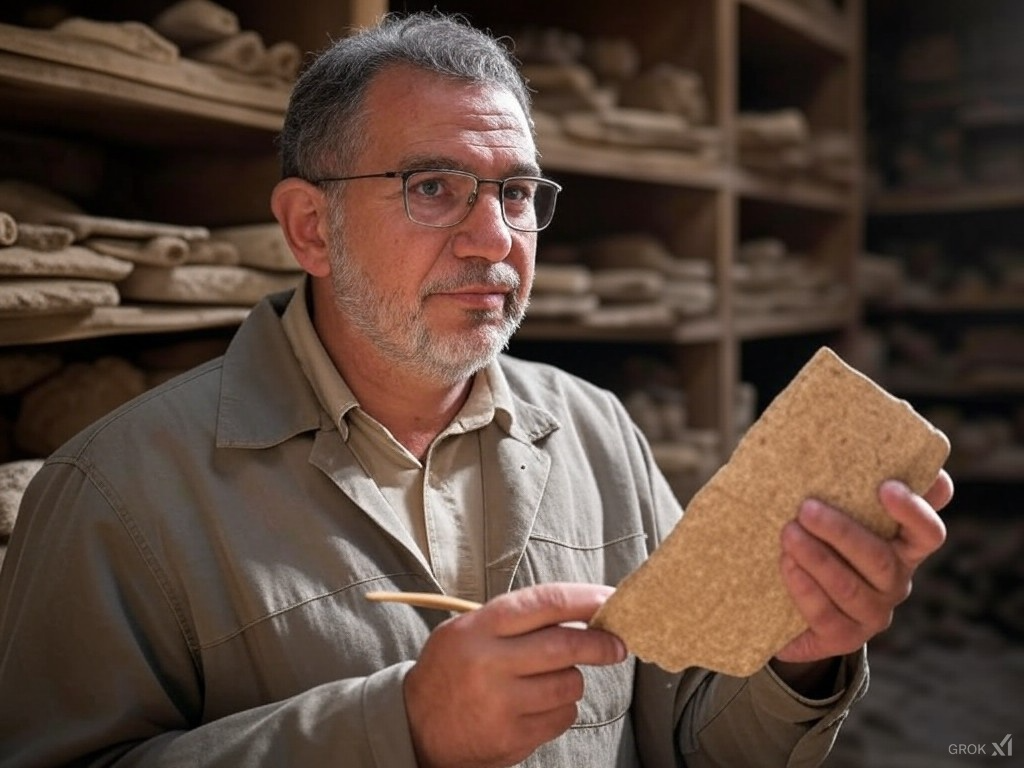Archaeology is the scientific study of the human past through material remains, offering a fascinating glimpse into ancient civilizations, their cultures, and their ways of life. By carefully examining artifacts, structures, and environmental data, archaeologists unlock secrets that deepen our understanding of history and help us connect with those who came before us.
Why Archaeology Matters
Archaeology is crucial for piecing together human history, especially for periods with limited or no written records. Ancient civilizations left behind more than stories—their pottery, tools, temples, and burial sites hold clues to how they lived, worshipped, and governed. By interpreting these remnants, archaeologists can:
Reconstruct ancient societies: Understanding daily life, social hierarchies, and traditions.
Preserve cultural heritage: Protecting artifacts and sites for future generations.
Explain human evolution: Tracing how humans adapted to changing environments and developed new technologies.
Challenge historical narratives: Providing evidence that refines or redefines what we know about the past.
The Power of Discovery
Some of the most groundbreaking archaeological finds have rewritten history. For example:
King Tutankhamun’s Tomb (Egypt): Discovered in 1922, this tomb offered unparalleled insight into ancient Egyptian burial practices and art, fueling a global fascination with Egyptology.
The Terracotta Army (China): Unearthed in 1974, this vast collection of life-sized statues revealed the power and ambition of China’s first emperor, Qin Shi Huang.
Pompeii (Italy): The city’s preservation under volcanic ash provided a vivid snapshot of Roman life in 79 CE.
These discoveries highlight the richness of human ingenuity and remind us of the transient nature of civilizations.
Tools and Techniques in Modern Archaeology
Archaeology has come a long way from its early days of treasure hunting. Today, it is a sophisticated field blending science, technology, and meticulous manual labor. Here are some of the tools and techniques archaeologists use:
Fieldwork Tools
Trowels and Brushes: Essential for excavating delicate layers of soil without damaging artifacts.
Shovels and Picks: Used for deeper digging in large-scale excavations.
Sieves: Help recover tiny artifacts, like beads or seeds, by filtering soil.
Technological Advancements
Ground-Penetrating Radar (GPR): Detects buried structures without disturbing the soil.
LiDAR (Light Detection and Ranging): Maps landscapes, even through dense vegetation, by using laser pulses.
Radiocarbon Dating: Determines the age of organic materials, such as wood or bones.
DNA Analysis: Extracts genetic information from remains to learn about ancestry and migrations.
Analytical Methods
Microscopic Analysis: Examines residue on tools to identify materials like plant fibers or animal fats.
Ceramic Studies: Analyzes pottery styles to trace trade routes and cultural influences.
Zooarchaeology: Studies animal bones to understand diets and domestication practices.
How Archaeologists Work
The archaeological process typically involves several stages:
Surveying: Identifying potential sites through aerial photography, satellite imagery, or field walking.
Excavation: Carefully unearthing layers of soil and recording the position of each artifact.
Documentation: Creating detailed maps, photographs, and notes to preserve the site’s context.
Analysis: Using labs to study artifacts, soil samples, and biological remains.
Publication: Sharing findings through academic papers, exhibits, and public outreach.
Preserving the Past for the Future
Archaeology is not just about uncovering artifacts; it’s about protecting them. Conservation efforts ensure that fragile items and sites survive the ravages of time. Public education and collaboration with local communities also play a vital role in safeguarding cultural heritage.
For instance, UNESCO’s World Heritage program protects significant archaeological sites like the Great Wall of China and Machu Picchu, ensuring they remain accessible and intact for future generations.
Why You Should Care About Archaeology
Archaeology bridges the gap between the past and present, showing us how humanity has evolved and adapted over millennia. It fosters a sense of connection, curiosity, and respect for diverse cultures. By studying ancient civilizations, we gain insights that can inform modern challenges, from urban planning to environmental sustainability.
In the words of archaeologist David Hurst Thomas, “Archaeology is not what you find, it’s what you find out.” Whether uncovering the grandeur of ancient empires or the simple tools of everyday life, archaeology reminds us of our shared human journey.







